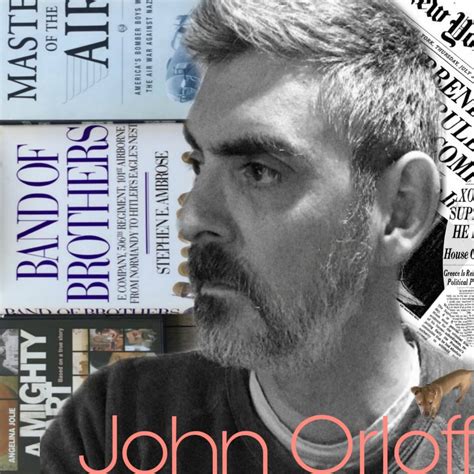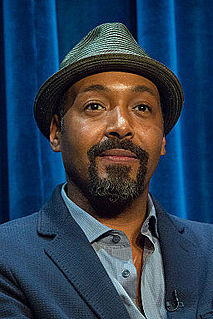A Quote by John Orloff
It's funny because when I was growing up, I was really into science fiction and fantasy as a kid. And, when I first became a screenwriter, I ended up really just doing historical drama and non-fiction based stuff, like Band of Brothers and stuff that didn't get made, but was also non-fiction.
Related Quotes
'Filk' is the folk music of the science fiction and fantasy community - you get parodies, you get traditional music that's had the words slightly modified, and you'll also get just original works that have been written about science fiction and fantasy works, or with science fiction and fantasy themes.
Science fiction is fantasy about issues of science. Science fiction is a subset of fantasy. Fantasy predated it by several millennia. The '30s to the '50s were the golden age of science fiction - this was because, to a large degree, it was at this point that technology and science had exposed its potential without revealing the limitations.
I guess...on one hand, I spent way too much time watching science fiction and reading science fiction when I was growing up. But a part of it is I also never felt much of a connection to the world in which I lived while I was growing up, and so, oddly enough, I think I felt a lot more connected to the worlds that I read about in science fiction.
Science fiction is a weird category, because it's the only area of fiction I can think of where the story is not of primary importance. Science fiction tends to be more about the science, or the invention of the fantasy world, or the political allegory. When I left science fiction, I said "They're more interested in planets, and I'm interested in people."




































